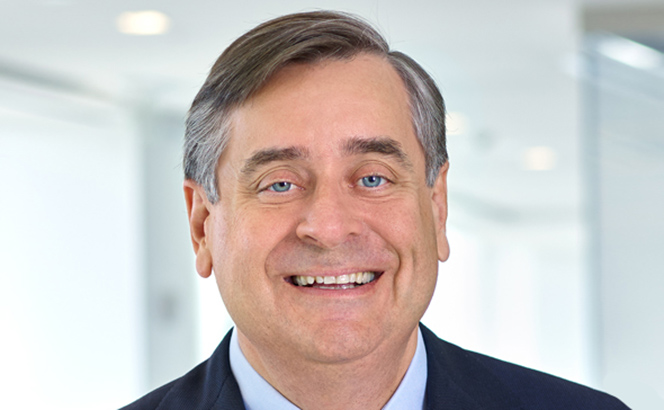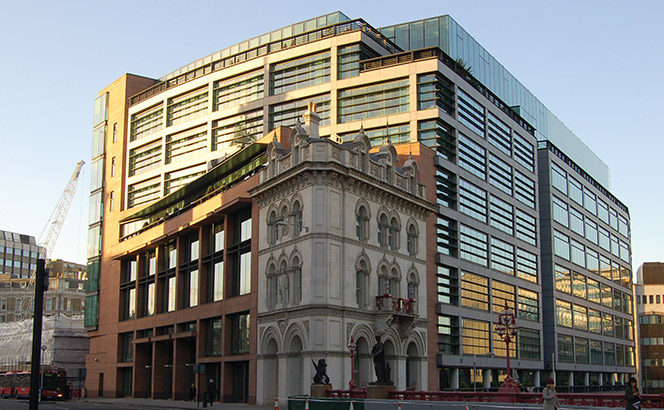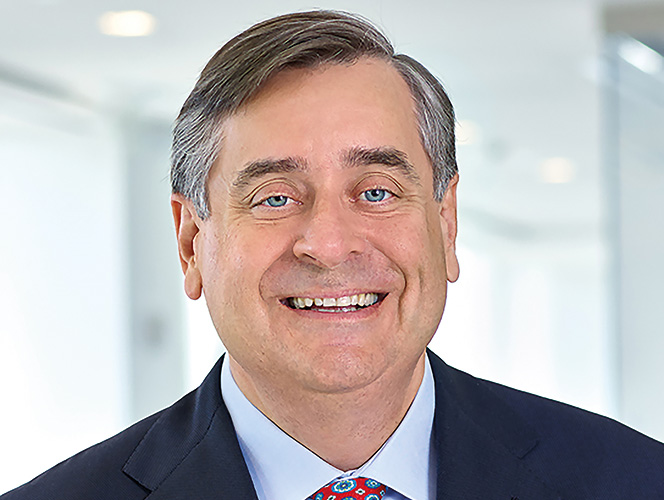
Artificial intelligence, general counsel and how new tech is shaping the future: the Legal Business AI Summit
An audience of more than 150 in-house counsel, as well as private practice lawyers and other tech enthusiasts, gathered in…

An audience of more than 150 in-house counsel, as well as private practice lawyers and other tech enthusiasts, gathered in…

‘If you’re a lawyer that sticks your head in the sand and refuses to engage with this technology, that’s going…

Hogan Lovells has posted an 8.7% increase in global revenues to move within touching distance of $3bn, with profit per…

Hogan Lovells has secured a new role as adviser to the UK government on the £3.6bn acquisition of International Distribution Services…

Hogan Lovells Lawyers and Team Quality 81.20 Quality of partners 84.08 Quality of associates 76.19 Partner availability and engagement 83.46…

In my second year studying law at university, I fell in love twice. Not only did I meet my future…

As firms grapple with what it means to be global, while also managing intense pressure on costs, the question of…

Shortly after the news broke that A&O Shearman would be shutting down its South Africa office, Hogan Lovells has announced…

As financial reporting season kicks off in earnest, Hogan Lovells has today (13 February) reported a 10% boost in global…

The partnership of Hogan Lovells has voted in chief executive Miguel Zaldivar for a second four-year term, the firm today…

The board of Hogan Lovells has given its unanimous recommendation for Miguel Zaldivar (pictured) to be re-elected as the firm’s…

‘Has the strategy changed? The short answer is: no, it hasn’t.’ That was the message from Hogan Lovells chief executive…

This comment piece has been updated to reflect an announcement late on Thursday (2 March) that merger talks between Shearman…

An analysis of The Legal 500 rankings underlines some of the key factors driving the Hogan Lovells-Shearman merger talks From…

As the financial reporting season kicks off once more, Hogan Lovells has today (22 February) reported a 7% drop in…

In what it calls the ‘most successful year in the firm’s history’, Hogan Lovells has added $300m to its top…

The champagne corks had long-since popped when the great and the good of legacy British firm Lovells and Washington DC…

Taking the helm of a global law firm is no small feat at the best of times, much less so…

Latham & Watkins and Hogan Lovells have become the latest law firms to ramp up their response to the increasingly global spread of COVID-19 by sending all…

Hogan Lovells has posted its strongest financial performance since its transatlantic union a decade ago, with turnover rising 6% and…